Financial System Adaptability and Resilience
Financial systems differ across countries and tend to evolve slowly over time. Their structure is typically stable, but their resilience is often tested. A well-functioning financial system is vital for economic development, as it ensures that capital flows to the most productive and valuable investment opportunities. However, systemic vulnerabilities can have far-reaching consequences. For example, the 2007–08 global financial crisis emerged from within the financial sector itself when complex financial products fuelled a credit bubble in the U.S. housing market, threatening global economic stability when the bubble burst. That event led to extensive policy and regulatory reforms to strengthen financial system resilience.
Financial systems continue to face significant challenges. External shocks like the COVID-19 pandemic, the climate crisis, the green economic transition, and the energy crisis driven by geopolitical conflict all underscore the importance of financial systems that can absorb shocks and adapt to changing economic conditions. Motivated by these pressing issues, we investigate how financial systems respond to crises, which institutions and policies improve resilience, and the role of finance systems' setup in broader economic transformations. We use diverse data sources, including bank and firm-level data, regulatory reports, and house price and election data, to inform evidence-based policy.
Research Cluster
Financial Resilience and RegulationYour contact

- Department Financial Markets
EXTERNAL FUNDING
08.2022 ‐ 07.2025
OVERHANG: Debt overhang and green investments - the role of banks in climate-friendly management of emission-intensive fixed assets
The collaborative project “Debt Overhang and Green Investments” (OVERHANG) aims to investigate the role of banks in the climate-friendly management of emission-intensive fixed assets. This will identify policy-relevant insights on financial regulation, government-controlled lending and financial stability, as well as raise awareness among indebted stakeholders.
01.2015 ‐ 12.2019
Interactions between Bank-specific Risk and Macroeconomic Performance
07.2016 ‐ 12.2018
Relationship Lenders and Unorthodox Monetary Policy: Investment, Employment, and Resource Reallocation Effects
Leibniz Association
We combine a number of unique and proprietary data sources to measure the impact of relationship lenders and unconventional monetary policy during and after the European sovereign debt crisis on the real economy. Establishing systematic links between different research data centers (Forschungsdatenzentren, FDZ) and central banks with detailed micro-level information on both financial and real activity is the stand-alone proposition of our proposal. The main objective is to permit the identification of causal effects, or their absence, regarding which policies were conducive to mitigate financial shocks and stimulate real economic activities, such as employment, investment, or the closure of plants.
Refereed Publications
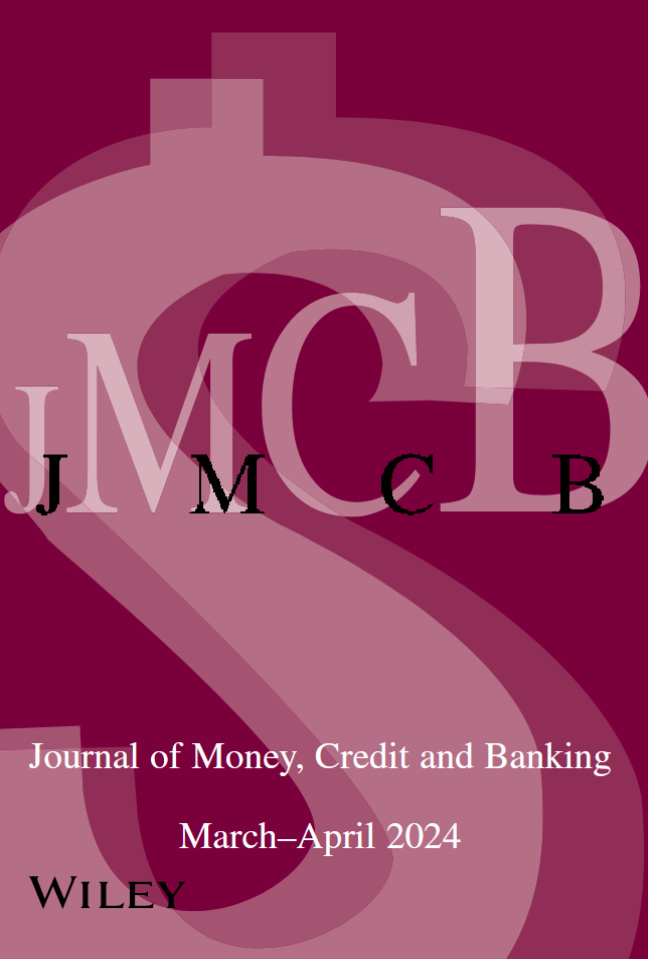
Discussion of De Haas and Van Lelyveld
in: Journal of Money, Credit and Banking, s1 2014
read publication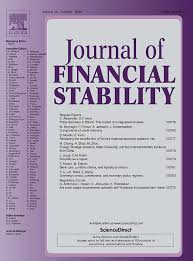
Is More Finance Better? Disentangling Intermediation and Size Effects of Financial Systems
in: Journal of Financial Stability, 2014
Abstract
Financial systems all over the world have grown dramatically over recent decades. But is more finance necessarily better? And what concept of financial system – a focus on its size, including both intermediation and other auxiliary “non-intermediation” activities, or a focus on traditional intermediation activity – is relevant for its impact on real sector outcomes? This paper assesses the relationship between the size of the financial system and intermediation, on the one hand, and GDP per capita growth and growth volatility, on the other hand. Based on a sample of 77 countries for the period 1980–2007, we find that intermediation activities increase growth and reduce volatility in the long run. An expansion of the financial sectors along other dimensions has no long-run effect on real sector outcomes. Over shorter time horizons a large financial sector stimulates growth at the cost of higher volatility in high-income countries. Intermediation activities stabilize the economy in the medium run especially in low-income countries. As this is an initial exploration of the link between financial system indicators and growth and volatility, we focus on OLS regressions, leaving issues of endogeneity and omitted variable biases for future research.
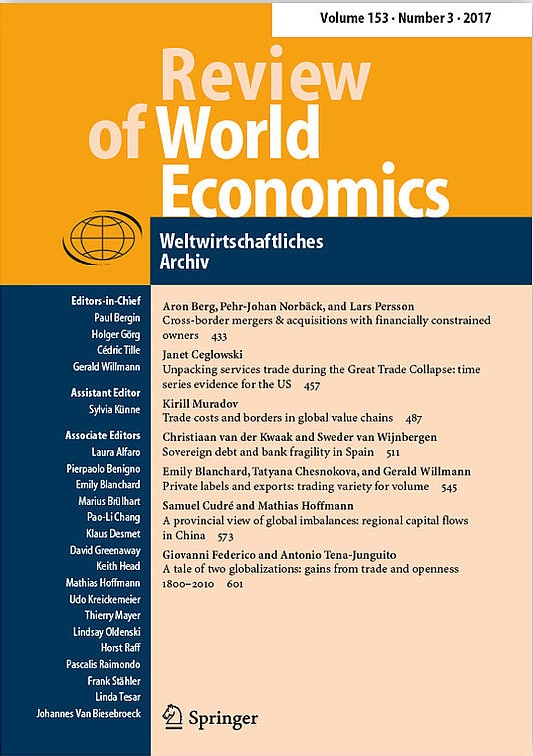
Financial Constraints and Foreign Direct Investment: Firm-level Evidence
in: Review of World Economics, No. 2, 2014
Abstract
Low productivity is an important barrier to the cross-border expansion of firms. But firms may also need external finance to shoulder the costs of entering foreign markets. We develop a model of multinational firms facing real and financial barriers to foreign direct investment (FDI), and we analyze their impact on the FDI decision. Theoretically, we show that financial constraints can affect highly productive firms more than firms with low productivity because the former are more likely to expand abroad. We provide empirical evidence based on a detailed dataset of German domestic and multinational firms which contains information on parent-level financial constraints as well as on the location the foreign affiliates. We find that financial factors constrain firms’ foreign investment decisions, an effect felt in particular by firms most likely to consider investing abroad. The locational information in our dataset allows exploiting cross-country differences in contract enforcement. Consistent with theory, we find that poor contract enforcement in the host country has a negative impact on FDI decisions.
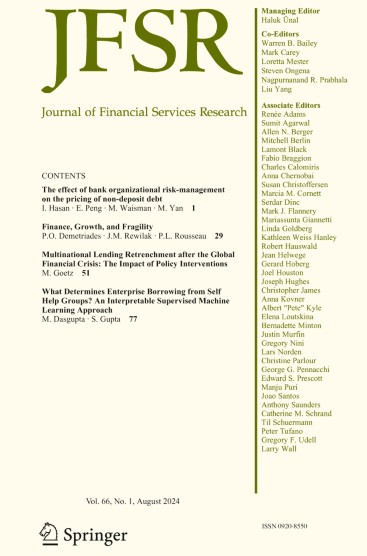
Why Do Banks Provide Leasing?
in: Journal of Financial Services Research, No. 2, 2014
Abstract
Banks are engaging in leasing activities at an increasing rate, which is demonstrated by aggregated data for both European and U.S. banking companies. However, little is known about leasing activities at the bank level. The contribution of this paper is the introduction of the nexus of leasing in banking. Beginning from an institutional basis, this paper describes the key features of banks’ leasing activities using the example of German regional banks. The banks in this sample can choose from different types of leasing contracts, providing the banks with a degree of leeway in conducting business with their clients. We find a robust and significant positive impact of banks’ leasing activities on their profitability. Specifically, the beneficial effect of leasing stems from commission business in which the bank acts as a middleman and is not affected by the potential defaults of customers.

IT Use, Productivity, and Market Power in Banking
in: Journal of Financial Stability, No. 4, 2013
Abstract
Information management is a core process in banking that can resolve information asymmetries and thereby help to mitigate competitive pressure. We test if the use of information technology (IT) contributes to bank output, and how IT-augmented bank productivity relates to differences in market power. Detailed bank-level information on the use of IT reveals a substantial upward bias in bank productivity estimates when ignoring banks’ IT expenditures. IT-augmented bank productivity correlates positively with Lerner markups. A mere increase in IT expenditures, however, reduces markups. Results hold across a range of bank output definitions and productivity estimation methods.
Working Papers
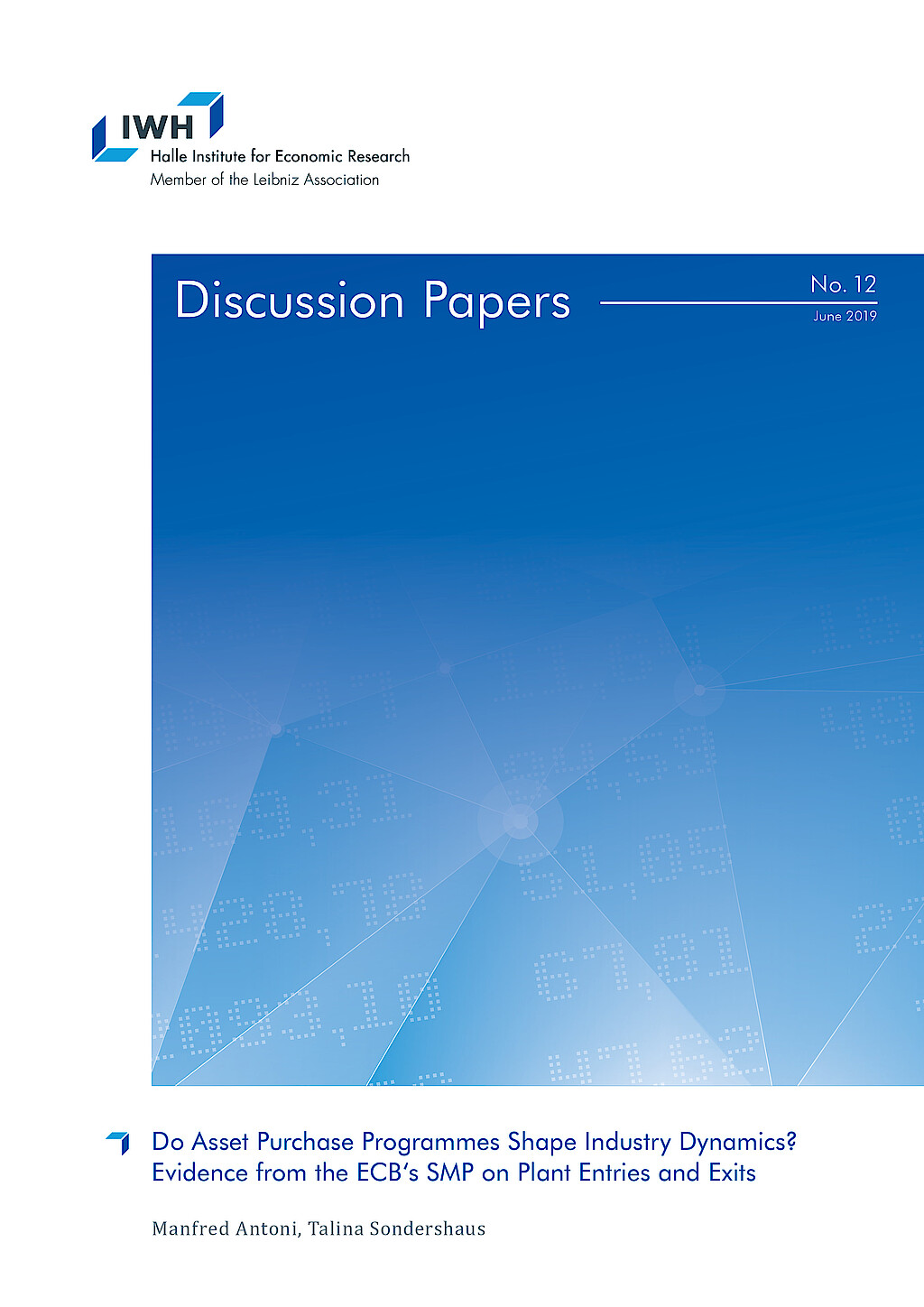
Do Asset Purchase Programmes Shape Industry Dynamics? Evidence from the ECB's SMP on Plant Entries and Exits
in: IWH Discussion Papers, No. 12, 2019
Abstract
Asset purchase programmes (APPs) may insulate banks from having to terminate relationships with unproductive customers. Using administrative plant and bank data, we test whether APPs impinge on industry dynamics in terms of plant entry and exit. Plants in Germany connected to banks with access to an APP are approximately 20% less likely to exit. In particular, unproductive plants connected to weak banks with APP access are less likely to close. Aggregate entry and exit rates in regional markets with high APP exposures are also lower. Thus, APPs seem to subdue Schumpeterian cleansing mechanisms, which may hamper factor reallocation and aggregate productivity growth.
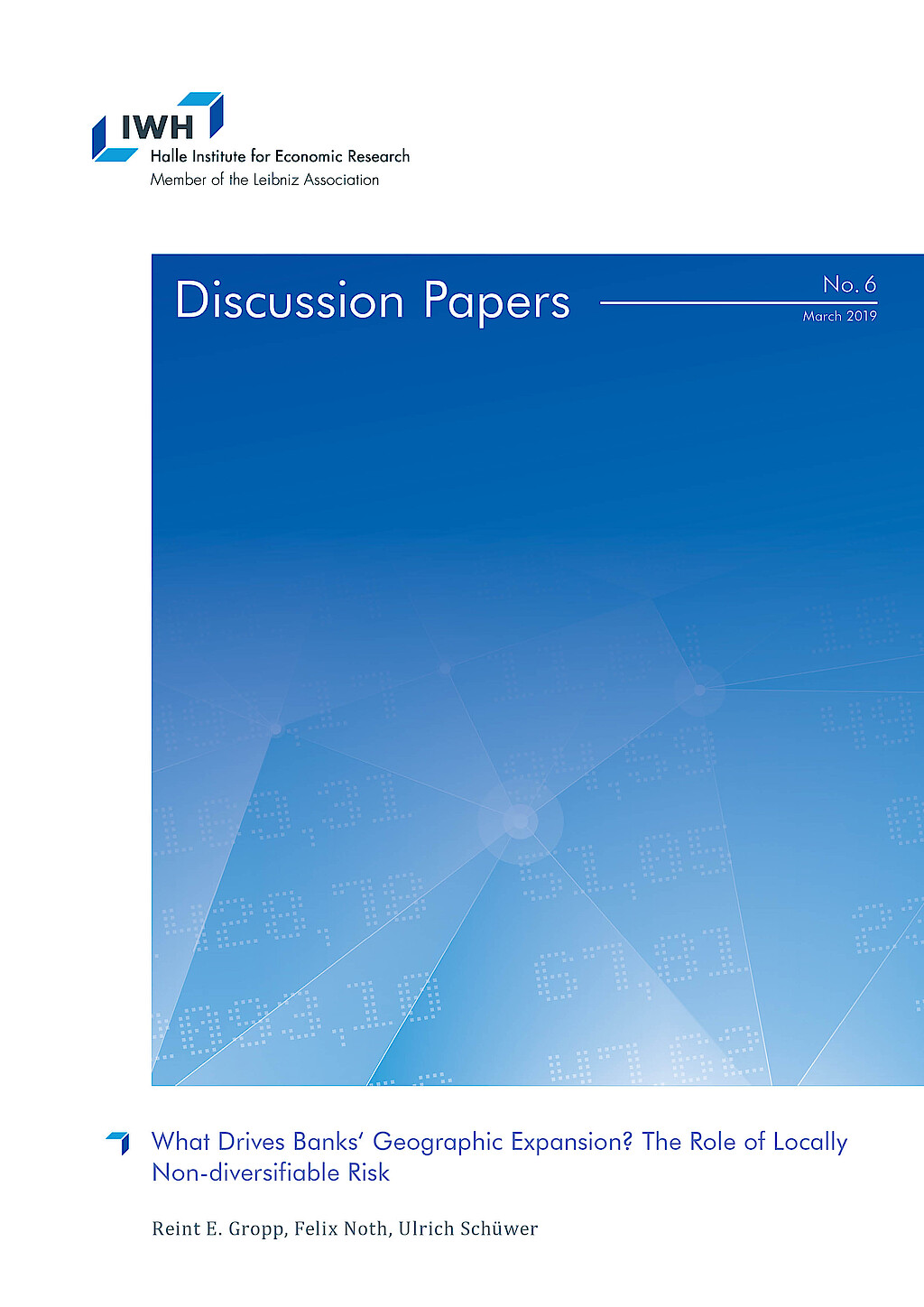
What Drives Banks‘ Geographic Expansion? The Role of Locally Non-diversifiable Risk
in: IWH Discussion Papers, No. 6, 2019
Abstract
We show that banks that are facing relatively high locally non-diversifiable risks in their home region expand more across states than banks that do not face such risks following branching deregulation in the 1990s and 2000s. These banks with high locally non-diversifiable risks also benefit relatively more from deregulation in terms of higher bank stability. Further, these banks expand more into counties where risks are relatively high and positively correlated with risks in their home region, suggesting that they do not only diversify but also build on their expertise in local risks when they expand into new regions.
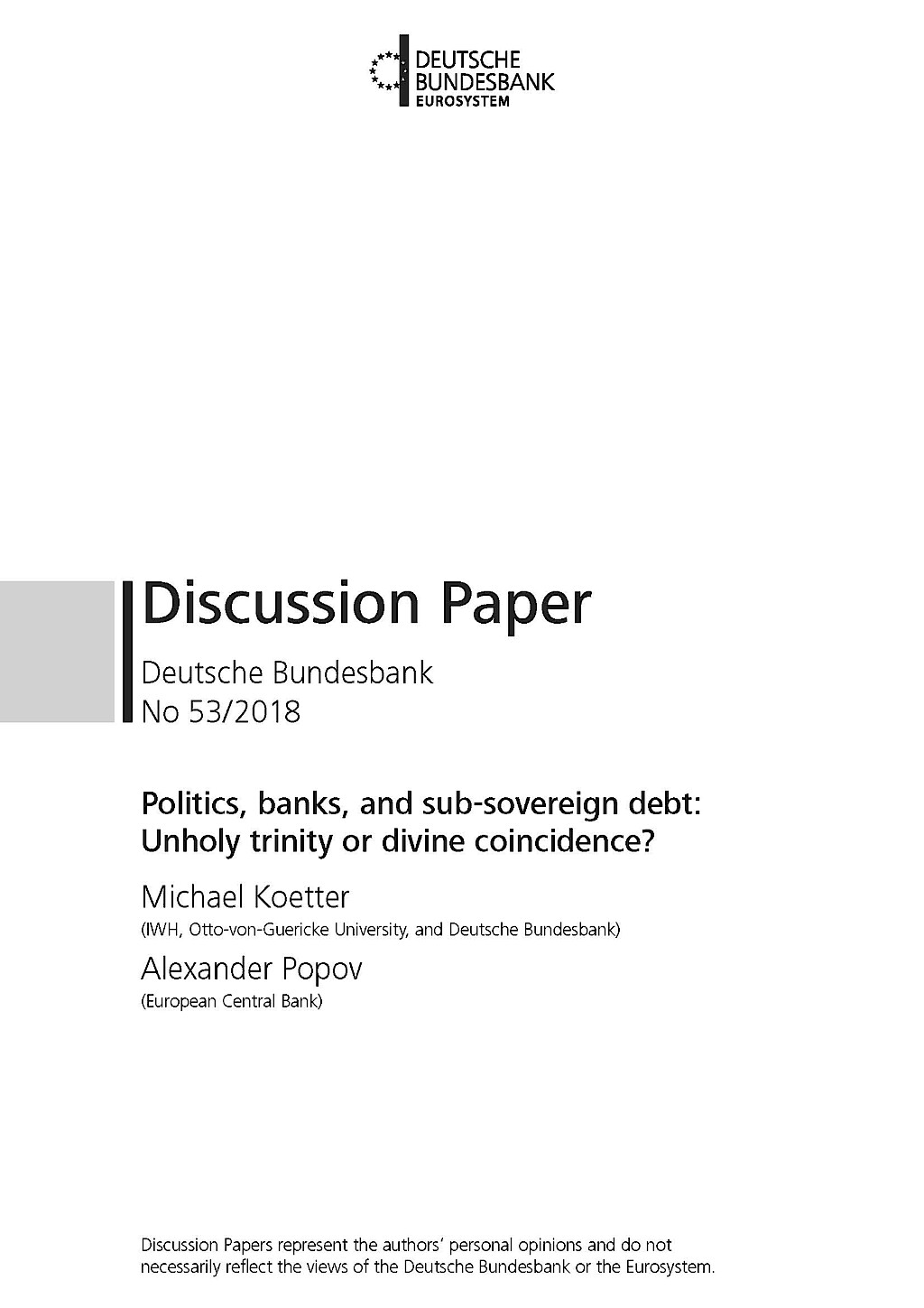
Politics, Banks, and Sub-sovereign Debt: Unholy Trinity or Divine Coincidence?
in: Deutsche Bundesbank Discussion Paper, No. 53, 2018
Abstract
We exploit election-driven turnover in State and local governments in Germany to study how banks adjust their securities portfolios in response to the loss of political connections. We find that local savings banks, which are owned by their host county and supervised by local politicians, increase significantly their holdings of home-State sovereign bonds when the local government and the State government are dominated by different political parties. Banks' holdings of other securities, like federal bonds, bonds issued by other States, or stocks, are not affected by election outcomes. We argue that banks use sub-sovereign bond purchases to gain access to politically distant government authorities.
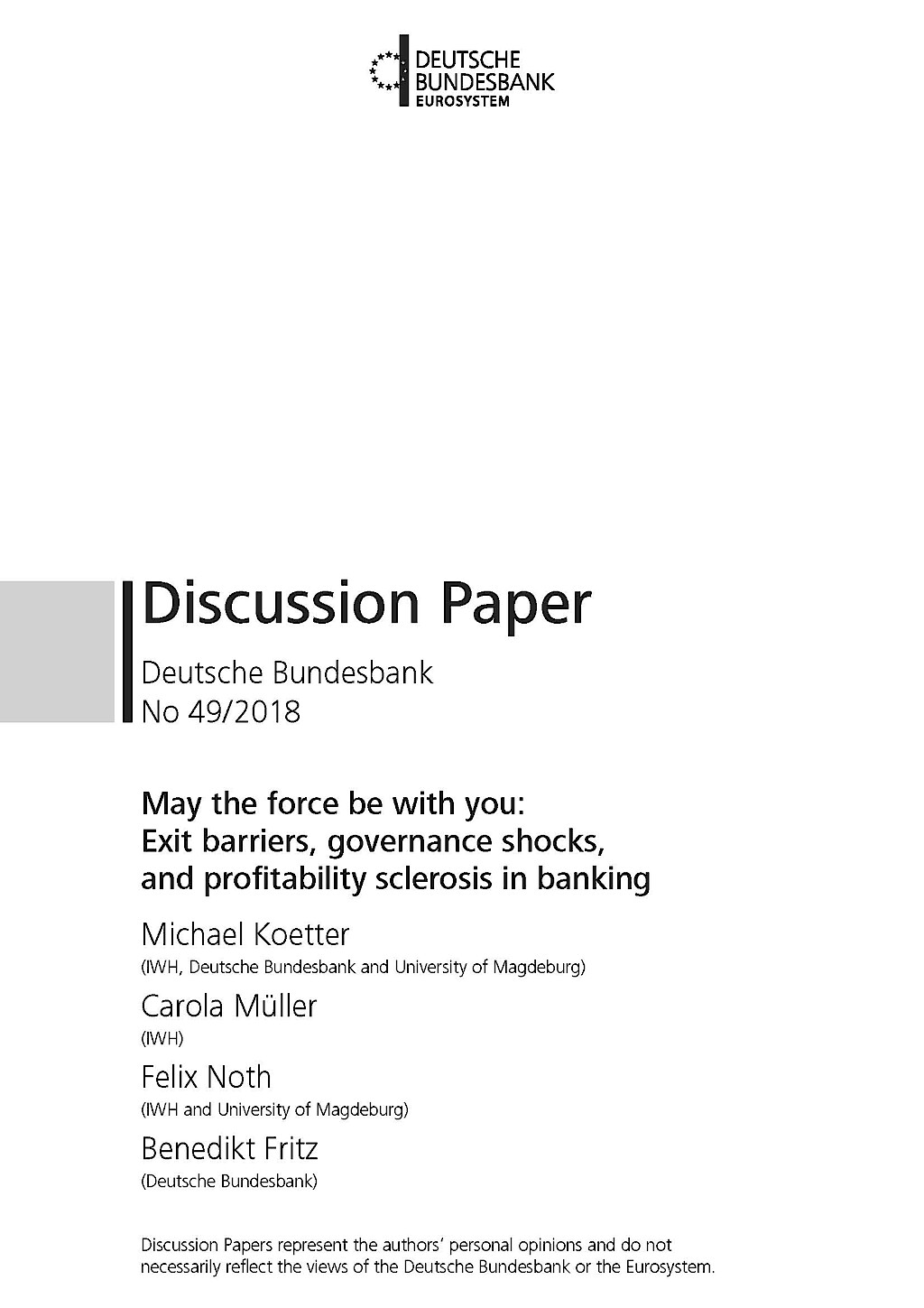
May the Force Be with You: Exit Barriers, Governance Shocks, and Profitability Sclerosis in Banking
in: Deutsche Bundesbank Discussion Paper, No. 49, 2018
Abstract
We test whether limited market discipline imposes exit barriers and poor profitability in banking. We exploit an exogenous shock to the governance of government-owned banks: the unification of counties. County mergers lead to enforced government-owned bank mergers. We compare forced to voluntary bank exits and show that the former cause better bank profitability and efficiency at the expense of riskier financial profiles. Regarding real effects, firms exposed to forced bank mergers borrow more at lower cost, increase investment, and exhibit higher employment. Thus, reduced exit frictions in banking seem to unleash the economic potential of both banks and firms.
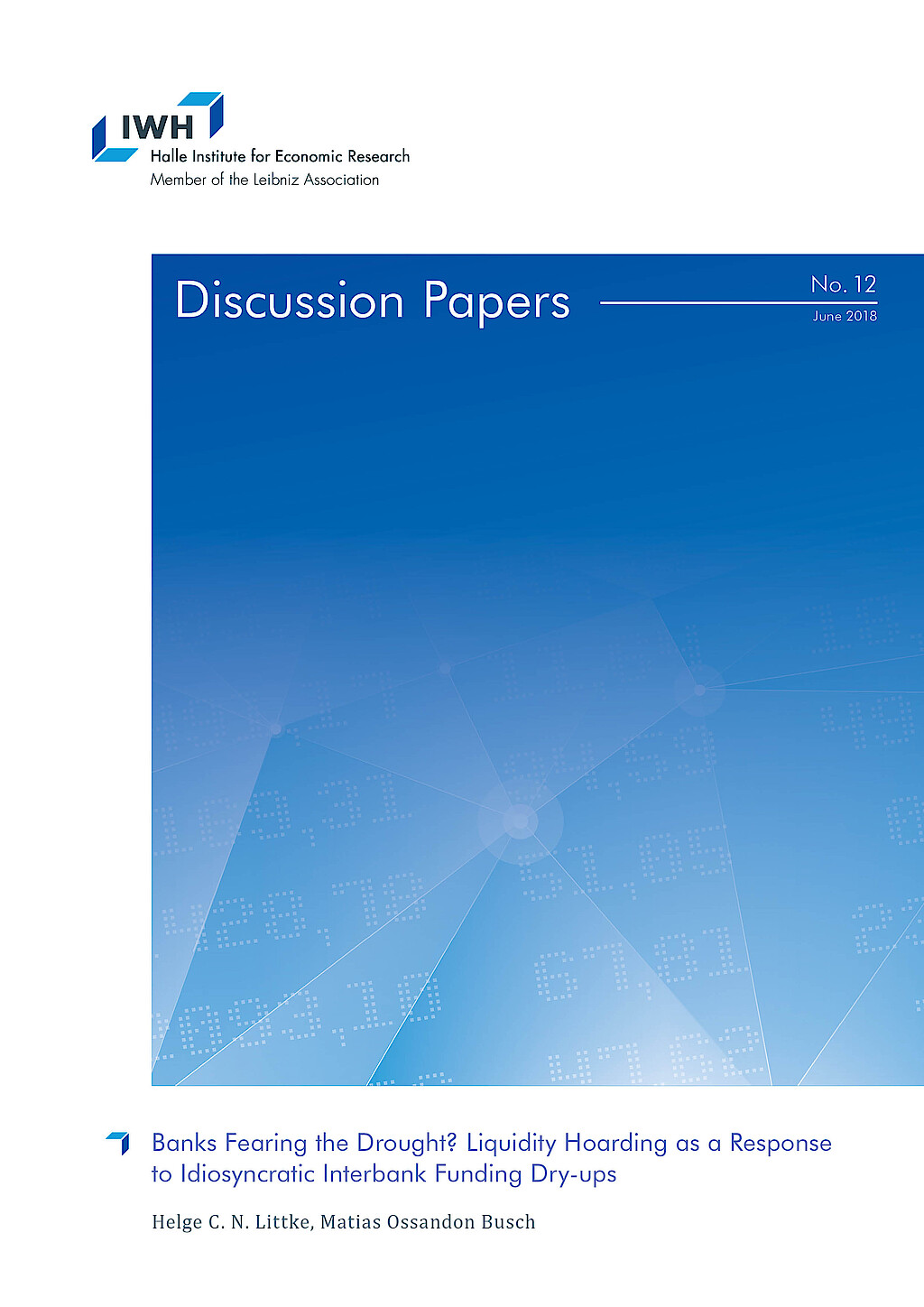
Banks Fearing the Drought? Liquidity Hoarding as a Response to Idiosyncratic Interbank Funding Dry-ups
in: IWH Discussion Papers, No. 12, 2018
Abstract
Since the global financial crisis, economic literature has highlighted banks’ inclination to bolster up their liquid asset positions once the aggregate interbank funding market experiences a dry-up. To this regard, we show that liquidity hoarding and its detrimental effects on credit can also be triggered by idiosyncratic, i.e. bankspecific, interbank funding shocks with implications for monetary policy. Combining a unique data set of the Brazilian banking sector with a novel identification strategy enables us to overcome previous limitations for studying this phenomenon as a bankspecific event. This strategy further helps us to analyse how disruptions in the bank headquarters’ interbank market can lead to liquidity and lending adjustments at the regional bank branch level. From the perspective of the policy maker, understanding this market-to-market spillover effect is important as local bank branch markets are characterised by market concentration and relationship lending.



















